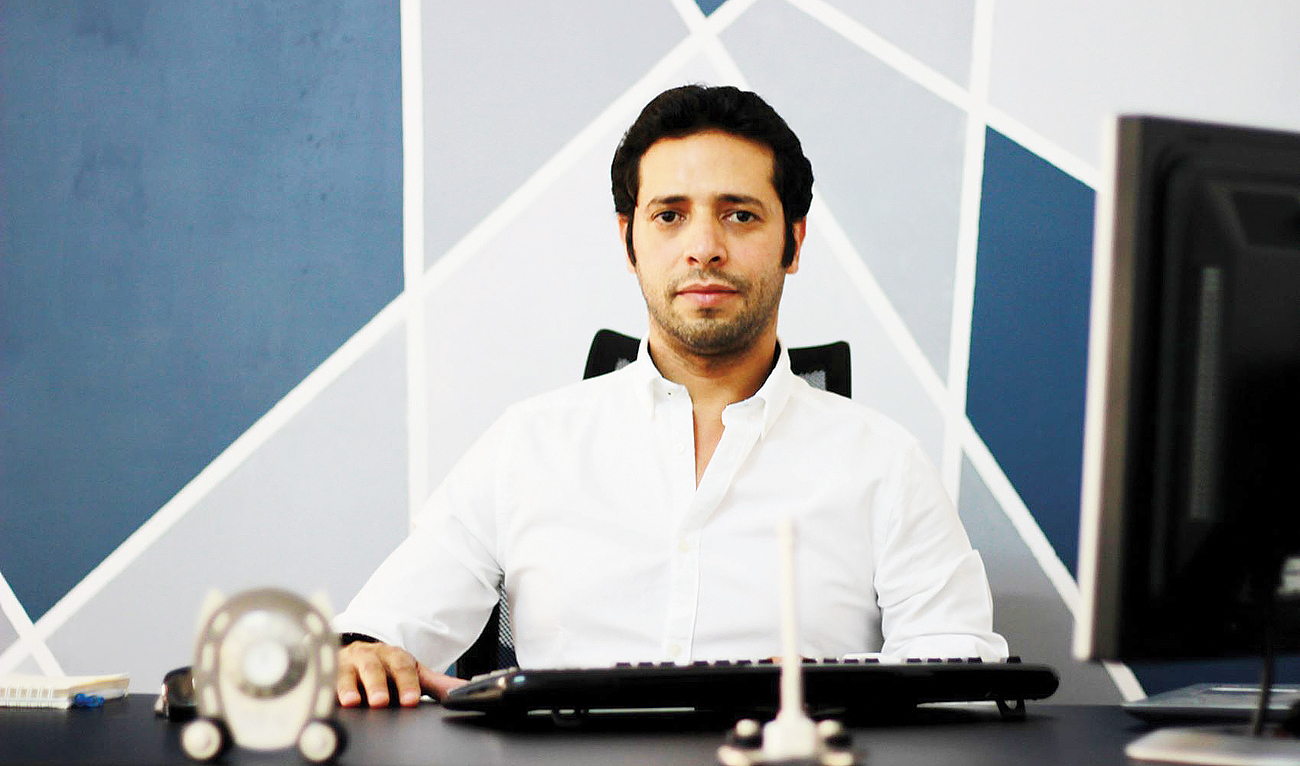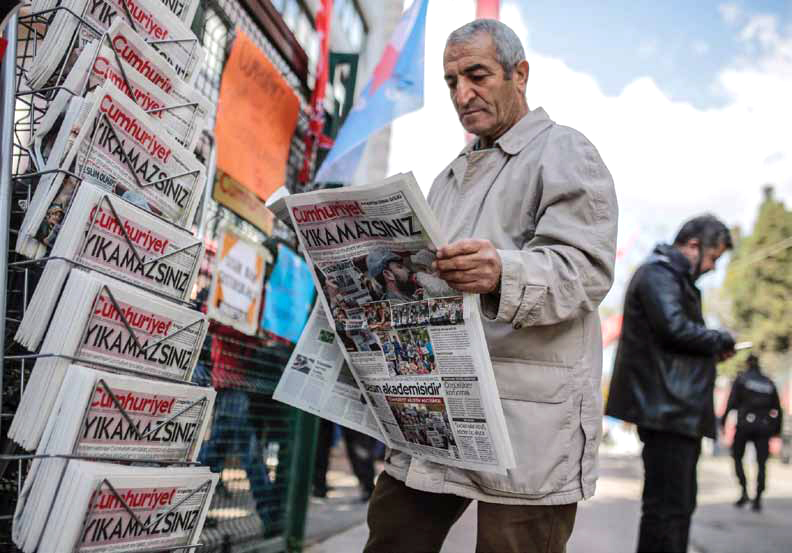An Egyptian portal opens employment opportunities for people with disabilities
CAIRO: Work opportunities are hard to come by for the nearly 12 million people with disabilities living in Egypt.
Mindful of the challenges facing such individuals, non-profit organization Ebtessama launched Majidah this year to improve their chances of employment.
“Majidah was born out of our on-the-ground efforts and experience for over 12 years,” said Ashraf Osman, chairman of the board of Ebtessama.
“We work on the training, qualification and employment of people with disabilities.”
Things have been changing in Egypt over the past couple of years, with both government and non-government bodies trying to improve the working conditions of individuals with disabilities amid numerous challenges.
“There were entities out there (that) wanted to train or hire people with disabilities, but they weren’t properly in touch with one another, and the communications were extremely random,” Osman, 39, said.
“So, while constantly growing, the numbers of people we were able to help were still far from enough.”
Cairo-based Majidah came to life to fix the apparent communications dilemma. “It’s a training and employment platform with all different entities that work on qualifying and hiring people with disabilities under one umbrella,” Osman said.
Through Majidah, people with disabilities gained access to a service they desperately needed, and it was made possible by virtue of technology.
“Some of them need a special kind of training or preparation to work, and then they need to find a place to hire them.
Workplaces, on the other hand, need to be able to reach people who are suitable for the vacancies they have, as well as an entity to train them if necessary,” Osman said.
The online platform connects all these different parties. A person with a disability will register on Majidah as someone looking for a job, mentioning their disability, skills, previous experience and other relevant information.
“It’s a smart platform, capable of matching the different parties based on the data collected from each,” Osman said.
“The company looking to hire, on the other hand, mentions its vacancies and the desired set of skills. The training entity would add in what trainings it offers and the skills the trainee would acquire.”
Creating a platform like this was not easy, and financing was naturally going to be the biggest problem.
“Majidah is a new idea. Past approaches were mostly concerned with on-the-ground action, but this was more focused on the future, which made it hard to find funding since most sources felt uneasy backing something that isn’t tangible,” Osman said.
Thankfully, Vodafone Egypt Foundation stepped in and provided the resources needed to launch the platform.
“The second challenge we faced was making people believe in what we were doing, which was not plausible for many,” Osman said.
“Fortunately, because many really needed this and our team worked really hard, we started getting interaction with the platform, and now we have close to 16,000 persons with disabilities registered.”
Majidah, whose soft launch took place several months ago, will be fully operational in November, but the future holds more for the platform, including improved communication among all parties to exchange experiences and knowledge.
“We want to provide a lot of services for people with disabilities without them having to go anywhere, things they usually have to move to get,” Osman said.
“When it comes to training and hiring people with disabilities, we’re all learning and experimenting. So, we need to share the success stories as well as the failures because we’ll learn a lot from both.”
To continue providing its service, Majidah needs all the support that it can get. “I hope everyone who can help in any way possible in what we’re doing steps in,” Osman said.
“If we all stand together, we’ll truly be able to make a difference.
“We’re talking about millions here, and if we all don’t do our part, they won’t be able to get their basic human right of having a job.”
This report is being published by Arab News as a partner of the Middle East Exchange, which was launched by the Mohammed bin Rashid Al Maktoum Global Initiatives and the Bill and Melinda Gates Foundation to reflect the vision of the UAE prime minister and ruler of Dubai to explore the possibility of changing the status of the Arab region.

Egyptian swimmer dives into major UN roleEgyptian government seeks to do away with popular tuk-tuks



